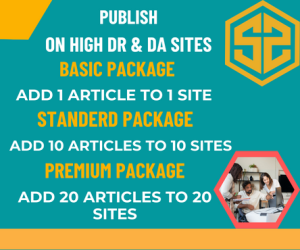In the fast-paced world of Consumer Packaged Goods (CPG), efficiency, agility, and real-time insights are critical for staying competitive. From managing production and inventory to optimizing supply chains and enhancing customer relationships, companies need a robust system that connects every part of the business. This is where Enterprise Resource Planning (ERP) plays a transformative role.
What is ERP for CPG?
ERP for CPG is a centralized software solution that integrates core business processes, such as finance, manufacturing, procurement, sales, and inventory. In the context of the CPG industry, an ERP system is tailored to handle the complexities of mass production, distribution, and ever-changing consumer demands.
Key Benefits of ERP for CPG Companies
1. Improved Supply Chain Visibility
CPG companies often manage vast and intricate supply chains. An ERP system offers real-time data across all touchpoints—enabling better forecasting, demand planning, and logistics coordination. This reduces stockouts and excess inventory.
2. Streamlined Manufacturing and Production
ERP systems help manufacturers optimize production schedules, monitor equipment efficiency, and manage raw materials. It ensures that products are manufactured on time, meeting both quality standards and delivery expectations.
3. Regulatory Compliance and Quality Control
Consumer goods must meet stringent health and safety regulations. ERP systems facilitate compliance by maintaining digital records of product specifications, testing results, and traceability across batches—critical during audits or recalls.
4. Enhanced Customer Experience
With ERP, businesses gain access to real-time customer data and buying patterns, enabling personalized promotions, accurate order fulfillment, and quicker response times—ultimately leading to higher customer satisfaction and retention.
5. Cost Reduction and Profitability
By eliminating manual processes, reducing waste, and optimizing resources, ERP systems contribute significantly to cost savings and profitability. It also provides actionable business intelligence for strategic decision-making.
Key ERP Features for CPG Sector
- Demand Forecasting
- Batch and Lot Tracking
- Automated Order Processing
- Integrated CRM and Marketing Tools
- Multi-channel Distribution Support
- Mobility and Cloud Access
- IoT and AI Integration
Choosing the Right ERP for CPG
Not all ERP solutions are equal. When selecting an ERP system for your CPG business, consider industry-specific functionality, scalability, ease of integration with existing tools, and support for compliance standards. Solutions like SAP Business One, Microsoft Dynamics 365, Oracle NetSuite, and Infor CloudSuite are popular among CPG firms.
Final Thoughts
In a highly competitive CPG market, adopting a robust ERP system is not just a technological upgrade—it’s a strategic investment. It empowers businesses to be more responsive to market demands, streamline operations, and drive growth through data-driven decisions.

